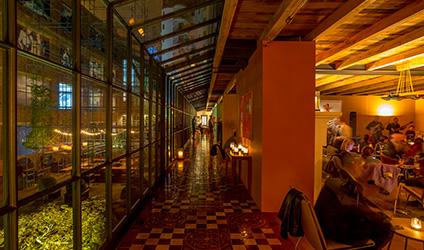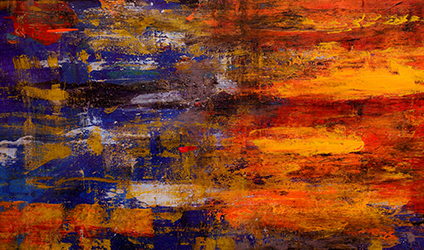Travel
JOURNEYS, STORIES AND DESTINATIONSGonzalo Gimeno
The Spirit of TravelGonzalo Gimeno was inspired to create the bespoke travel agency Elefant Travel after an accident in the middle of Damaraland, Namibia. With his truck damaged, he was stranded amongst a herd of solemnly calm elephants. It was a lightbulb moment – a catalyst for him to help people create the trips of their dreams. With offices in Madrid, Barcelona and Bogotá, and an expert team of Travel Designers, Elefant Travel specialises in personalised experiences according to the specific interests of every customer. Gonzalo and his team travel for over 280 days of the year and have deep insider knowledge of more than 80 destinations. This is the basis for them to craft unrepeatable experiences for people willing to pay a little extra. An extra that ensures unique journeys filled with unforgettable moments. Nick Rice meets Gonzalo to discuss the changing face of travel today.
Elefant Travel delivers travel dreams – what is it that makes a bespoke luxury journey unforgettable?
The way we work is different… before you make a luxury journey unforgettable, the challenge is to gather as much client insight as we can. So, for that we go to people’s homes because when you’re sitting in someone’s living room, you’re not selling anything, we’re there to listen. The family lifestyle will determine the style and the type of travel before we even talk about a specific destination or time of year to travel. The essential elements for an unforgettable luxury trip, we can divide into three time slots. Number one is before the trip – we call it “The Promise.” The promise is to the client, we are generating an expectation, and that is based on previous conversations we’ve had with them in terms of interest, destination and how they are travelling – as a family or as a couple or is it a special occasion. We’re trying to determine all the information for the shape of the dream so that we can make it happen. It’s essentially a visualisation of the experience that they’re going to live.
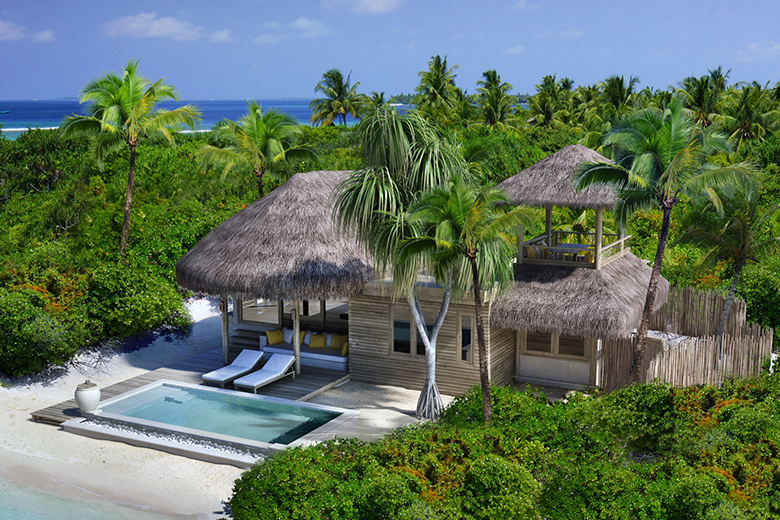
Number two is the execution, when you actually travel, and this is about creative experiences. Our job to make your experience unique and unforgettable. To do this we take you slightly out of your comfort zone. Why? When people go out of their comfort zone, usually you process the information on an emotional basis, not on a rational base. If you’ve never been breathing underwater, scuba diving, then that will be a very special moment… you will probably remember the experience more than what you actually see. So, those experiences are key and lead us to the third phase – memories.
This is what makes the trip – the things that you will never forget. Just to give you an example, we have a client who’s been travelling with us for the last 10 years, so we’re able to anticipate what he likes and what he expects, and we try to add a little element of surprise as well. On this particular trip, he wanted to go to Jordan. Now, he happens to own a helicopter company, so we always try to include a helicopter experience in his trips. So, we hired a helicopter from the King of Jordan, the pilot was the King’s pilot, and he flew into the Wadi Rum Desert. Once they landed we had four quad bikes waiting for them. Then when they got to a specific place, we had taken a white grand piano and with a crane put it up on the rocks and built a champagne bar around it… so it was a very unique experience for this person. In terms of what makes a luxury bespoke journey unforgettable – it’s the ability to make that experience as personal and tailor-made for that individual as possible – to create an everlasting memory.
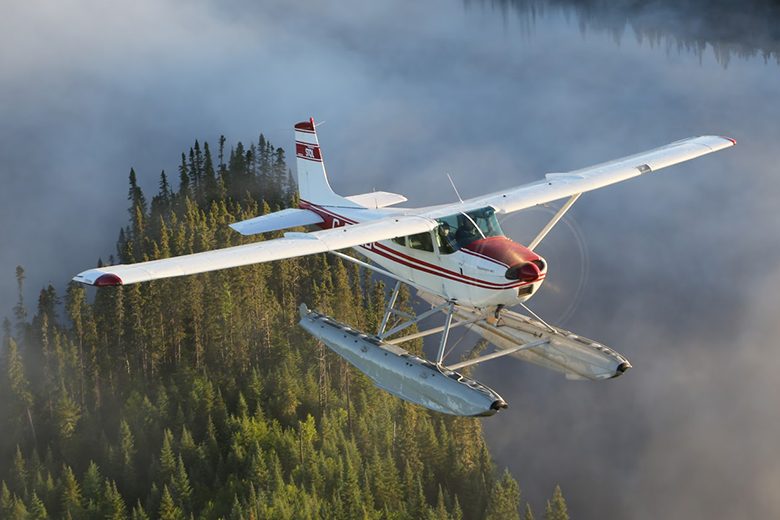
As our understanding and experience of “luxury” is evolving, moving towards valuing experiences over objects, the travel industry has benefitted. What are some of the crucial factors for success?
Luxury is indeed evolving and it’s moving from the physical to the emotional. It’s basically an evolution from a cost-orientated mentality to a value-orientated mentality, where you put value on the experiences. So are you paying $1000 for a plane ticket or are you paying $1000 to be the only human being in the middle of the desert? We’re moving from cost-driven decisions to value-driven decisions. The challenge we have in the travel industry is to move from experiential to authenticity. I will not sell you something that is superficial. I will put it into context, and I will make sure that it is authentic because it has been designed based on you, not on the destination, and that is a huge change in focus.
The major challenge the whole industry has is to put the client as the centre of everything. When you talk about travel, you will ask your friends, ‘where have you been this summer?’ and they will tell you, for example, ‘I’ve been on safari in Kenya.’ Why is the destination so important still? If we’re really about experiences then the destination comes last – it’s not where you go it’s how you go, and what you do wherever you go. The destination is just a collection of stamps in a passport.
How is the global increase in travel a positive thing for uniting people and cultures?
Travel helps open the mind… being exposed to different realities and cultures. But travelling without education is useless. We see a lot of picture hunting going on these days. A lot of people going to places without really having an interest in the place and what’s going on in the country. But in the western markets I think we’re now seeking authenticity in travel. But is travel a positive thing for uniting people? Absolutely yes, I think it’s the number one driver. In our case, as luxury travel advisers, we find your guide, a local person who will travel with you – that person is the key who will unlock the local culture for you and help you see and understand and go deeper.
“Travelling without education is useless.”
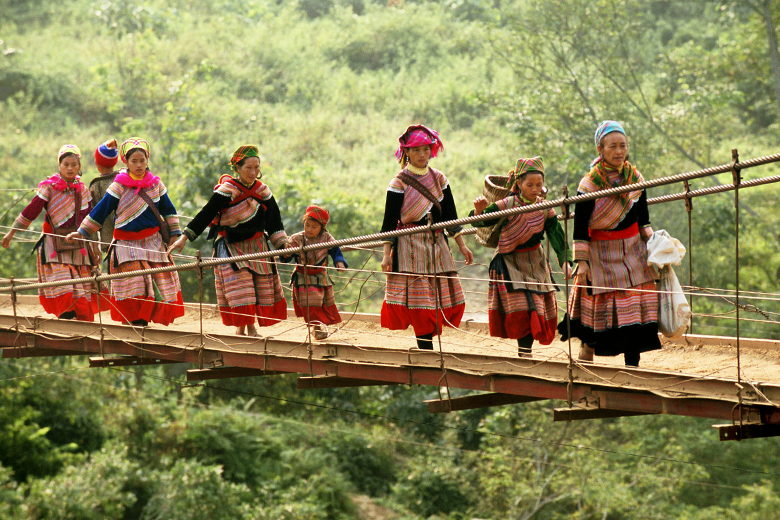
The growth of travel industry poses crucial challenges regarding carbon emissions and climate change. How do we reconcile cultural enhancement with environmental damage?
It’s the law of supply and demand. There is an increasingly huge demand for travel, especially coming from emerging markets like China and India. We’re going to be seeing a lot of people from those markets travelling internationally to the destinations which the western markets have built over the years. I think the main challenge is education and regulation, which is a difficult thing to do because it needs to be done on a country by country basis. For example, if you travel to Europe, it’s a very regulated continent. Whereas in developing countries, legislation still has a long way to go. But developing locations have the opportunity to develop new legislation which are not in place elsewhere. Like the Maldives and plastic control… there’s a huge debate about plastic in the hotel industry, so already there’s a lot of hotels banning plastic. Energy management too – if you travel around Africa these days, most camps and safaris run on solar power systems. I recently saw the first safari with 4x4 vehicles that are totally electric. So, things are changing and it’s not going to stop.
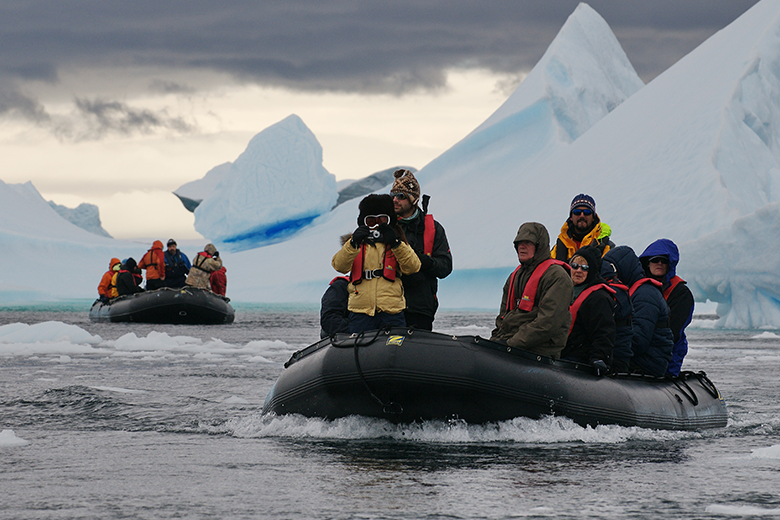
What is expected from luxury bespoke traveling experiences today?
Three things really, one is uniqueness, two is authenticity… you don’t want to feel like it’s a product, but that where you go is natural and the way people live… and number three is remote. It’s having authentic experiences and exploring, putting on your boots and sweating, but at night – a hot shower, a gin and tonic and a big meal. And being able to take unique pictures for social media. That’s becoming more and more important – to be able to tell a story.
A decade ago, smartphones and Instagram didn’t exist. Travellers searched for special deals with travel agents and magazines. Now with airline and hotel apps, everything has changed. How has technology improved the travel experience, and what problems has it created?
We live in an age of information so it’s extremely easy to go online, book your flight tickets, your accommodation, and go. That has made all of us a bit of a travel agent. With a little bit of inspiration from Instagram and travel blogs, you go. You arrive in Bali, you see the swing, you take a tuk tuk, take the photos and come back. For the backpacking industry, it’s a fantastic tool to get people to places at a very decent cost. The problem is the ‘massification’ of tourism.
Has the journey to a destination become more important as consumers place ever greater value on experiences?
No, I would say it’s the other way around, the journey to a destination is becoming less important. The experience is the destination, it’s not where you go but what do you do. Most people are starting to change from destination-driven travel to experience-driven travel. Place is becoming less important, unless it’s an iconic place… something like Antarctica. But people come to us and say, ‘I want to have a desert experience, should I go to Namibia, the Gobi or Atacama?’ Experience is becoming the destination and that’s our area of expertise. We’re experts in travel design not destination selling.
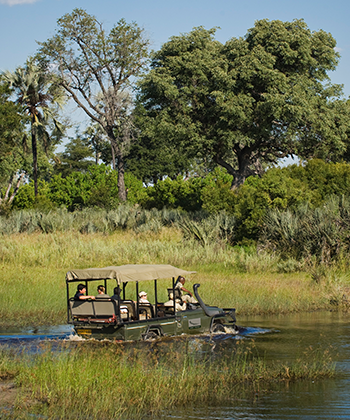
“The experience is the destination; it’s not where you go but what do you do.”
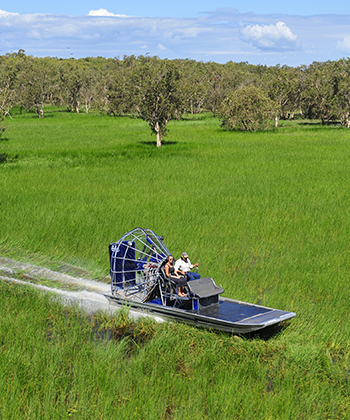
What do people expect from the experience of getting from A to B?
Service, comfort, elements of surprise, and no hiccups.
The concept of luxury depends on the culture of the person who defines it. In your life and travels, do you encounter differences in meaning?
I think luxury is like food, and wine, you develop a taste for it. You have to learn, you have to let it mature, you have to learn how to appreciate the different levels and depths of luxury, from the obvious things to the more simple and subtle things. Each individual has a different taste for luxury, but ultimately the more you travel… again it’s like wine, the more you drink the more you learn how to appreciate the subtleties. Luxury travel is very similar in that sense.
What is one travel luxury that you must have when travelling?
The 24-hour advisor I would say. A 24-hour problem-solver for your own peace of mind. You never need it, until you do.
What are the looming challenges of the expanding travel and hospitality industry?
The first is ‘massification’ and the impact that has, and you can throw in the challenges of Airbnb in most European cities and how it’s changing areas. Then, waste management and environmental balance. We all know about the use of plastic, but also the protection of the environment and wildlife, things like the impact of cruise liners… they’re all on the table.
“Cultural preservation must be protected by involving local communities.”
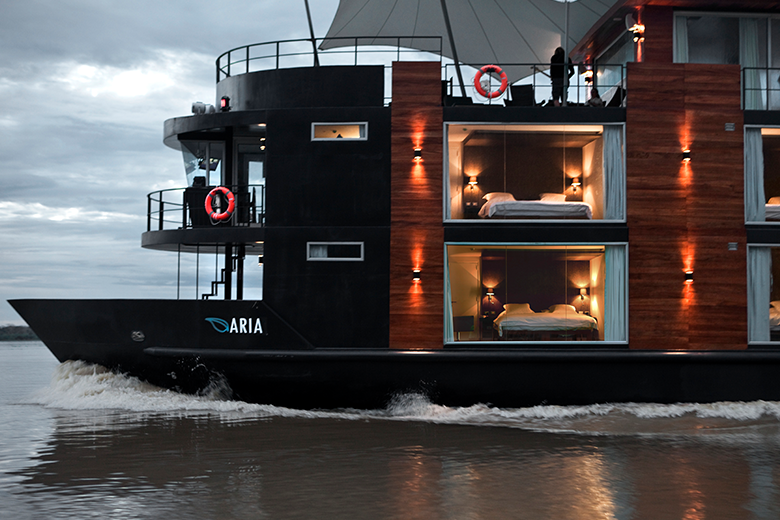
The one that most people are not addressing is culture preservation. We are in a world where we’re tending to dress the same, speak the same, share the same type of photos, get coffee from Starbucks and buy our clothes at Zara. If we let that happen, the whole point of travel – being exposed to cultural diversity, different ways of eating, of dressing, of thinking – it’s being lost, at a very slow rate, but just like climate change, we’re having a global cultural, not change, but unification. Which I think is sad, as it goes against the essence of travelling. Cultural preservation must be protected by involving local communities in any tourism venture. Be it a small camp in the middle of the jungle or a large hotel in a European city. And that can only be achieved by regulation.
All phohotographs courtesy of Elefant Travel
